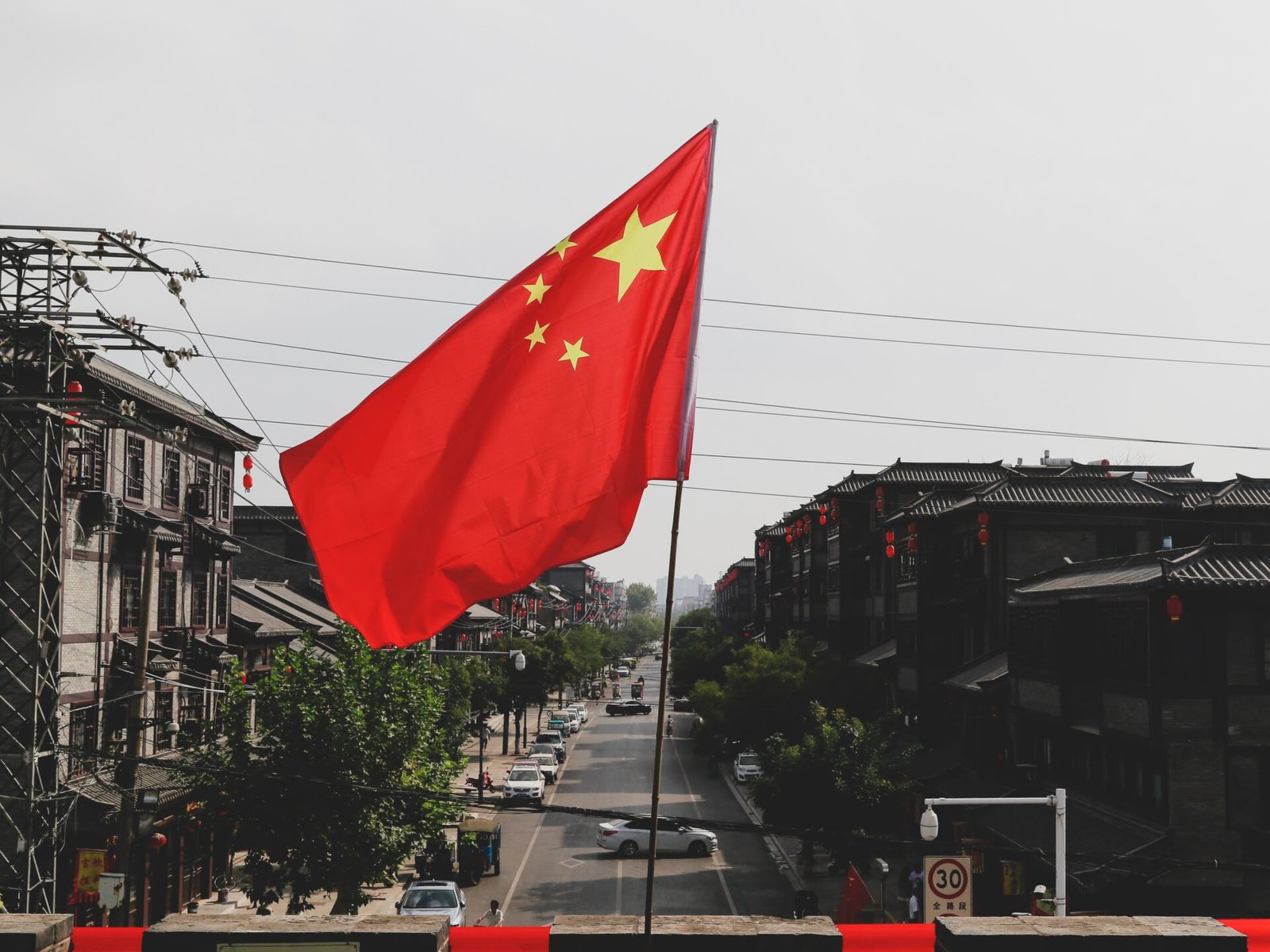Introduction
Investors who are optimistic about a recovery in China’s severely impacted property sector are showing a preference for the stocks and bonds of state-backed firms. These companies are more likely to benefit from government support, according to market participants.
Background of the Property Sector
China’s highly leveraged property sector has been severely affected by three years of measures designed to curb speculative price increases and reduce developer debt. This has led to a series of significant names defaulting on bonds or falling into grave financial difficulty.
Recent Policy Changes
Last month, the Chinese government signaled a change in real estate policy, with the People’s Bank of China promising reasonable financing for developers and lower mortgage rates. Some cities, like Zhengzhou, have already begun to ease property market restrictions.
State-Owned Developers as a Safe Bet
For investors cautious about reentering a sector that accounts for a quarter of the Chinese economy, state-owned developers may offer government endorsement and better access to affordable funding.
Market Trends
This sentiment is reflected in recent market trends. Hong Kong’s price index of mainland developers, mostly comprising private firms, has fallen nearly 30% this year. Meanwhile, China’s domestic real estate benchmark, with a more mixed composition, is down by 13%.
Comparison with Private Developers
State-owned developers like Yuexiu Property and China Resources Land are trading at a price-to-earnings ratio of eight. In contrast, private developers such as Country Garden Holdings are trading at less than two, and the bonds of some of these firms are rated below investment grade.
Investor Preferences
“Developers that are either state-owned, or investment-grade rated, or those that are owned by or associated with local financial institutions will be the ones that are able to borrow long-term, cheap financing,” noted Jenny Zeng, chief investment officer for Asia fixed income at Allianz Global Investors.
Skepticism towards the Private Sector
Investors have shown skepticism toward the private sector, with short interest in Asian real estate (mostly private Chinese property firms) increasing since April. Data from S&P Global Market Intelligence showed shares loaned as a proportion of market capitalization reaching 0.75% in July, with Country Garden being the most heavily borrowed stock for short-selling.
The Success of State-Owned Enterprises (SOEs)
Lower debt and better financing have enabled SOEs to gain market share. Historically, SOEs generated around one-third of property sales, but that share has increased in recent years to about 59%, according to Capital Economics.
Sales Data
The top five developers by sales in the first half of the year were all state-backed. Data from China Real Estate Information Corp showed the long-time leader, Country Garden, slipping to sixth place.
Stock Performance
State-backed firms like Poly Developments have outperformed the CSI 300 real estate index. Conversely, Country Garden’s stock has slumped over 80% since mid-2021.
Bond Market Reactions
Guangzhou local government-backed Yuexiu’s five-year bond due in January 2026 has bounced back to about 92 cents on the dollar from a low of 60 cents in November. In comparison, the offshore five-year bond of the private firm CIFI, due in October 2025, is around 8 cents.
Conclusion: An Unsettled Market
“The latest property sales data for some of the performing non-SOE developers triggered fear that they would also need to default, which sent shock waves through the market,” said Philip Meier, head of emerging market debt and multi-asset portfolio manager at Gramercy.
The shift in investor sentiment towards state-backed developers and the volatility of private firms demonstrate an unsettled market. As China’s government alters its policy stance, the property sector’s future will continue to attract close attention, with the performance of SOEs and private developers remaining under scrutiny.
Read More:
